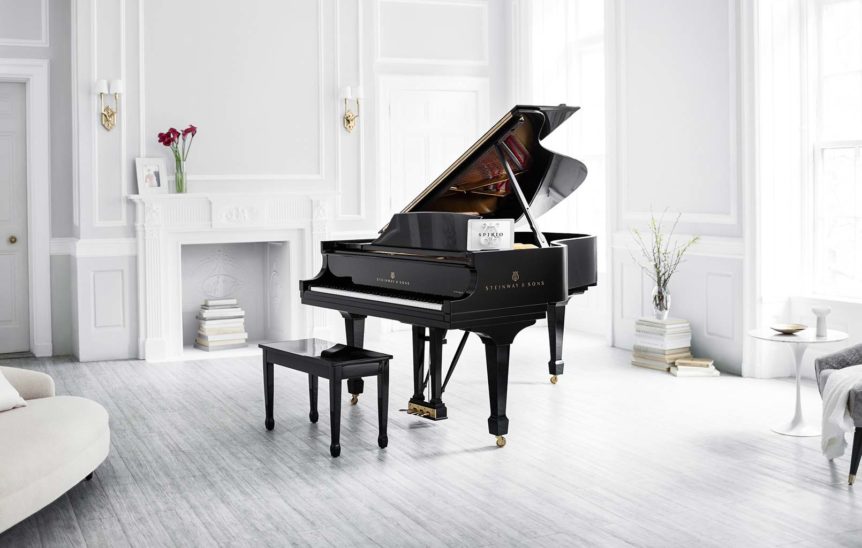NINGBO, China — Dozens of girls in tiaras and boys in tuxedos who dreamed of becoming China’s next musical sensation stared at the beast onstage. At nine feet long and nearly 1,000 pounds, with a steely black sheen and a price of more than $200,000, the Steinway & Sons D-274 concert grand piano seemed designed to intimidate.
There were whispers that the piano had come from far away, in Germany; that it could kill you in an instant if it rolled off the stage; that it had the power to turn even the sloppiest of scales into material primed for Carnegie Hall.
“It’s flawless, exquisite, with a special sound,” said Li Wei, the mother of an 11-year-old boy who had come to the theater to take part in the final round of the Steinway & Sons International Youth Piano Competition in China last winter.
“Everyone wants a Steinway,” said Xiao Yunchu, a quiet 13-year-old who favored the pyrotechnics of the Hungarian composer Franz Liszt. “But none of us can afford it.”
Steinway, one of the world’s most prestigious musical instrument brands, is looking to China to breathe new life into lackluster sales. To succeed, the company will need more than smart marketing. It will need to fine-tune a cultural mind-set in a country that once dismissed pianos as bourgeois luxuries.
Steinway dealers have to convince their wealthier clientele that the instruments make good investments, avoiding the overly aggressive sales tactics that tripped up some early efforts. They have to educate parents about the potential payoff of buying a piano that can cost as much as an apartment. And they need to woo music students who are increasingly turning to lower-cost keyboards and so-called smart pianos, which use lights, iPads and other technical tools to teach basic skills.
The company, known for its painstaking craftsmanship, has grudgingly entered the digital game. The new Steinway Spirio is a high-tech take on the jazz-era player piano, loaded with standard classical fare as well as Chinese tunes, including local pop hits like “The Moon Represents My Heart” and compositions like “The Yellow River” Piano Concerto, a piece that dates to the Cultural Revolution.
Founded in 1853 in a Manhattan loft by a German immigrant, Steinway flourished for generations by selling high-end pianos, each crafted by hand from materials like Sitka spruce and cast iron, in the United States and Europe. But the company has suffered as piano playing wanes in the West. Music schools and concert halls have cut back on orders. Piano stores have closed. In the face of uncertainty about its future, Steinway was sold three years ago to an investment firm owned by the hedge fund billionaire John A. Paulson.
